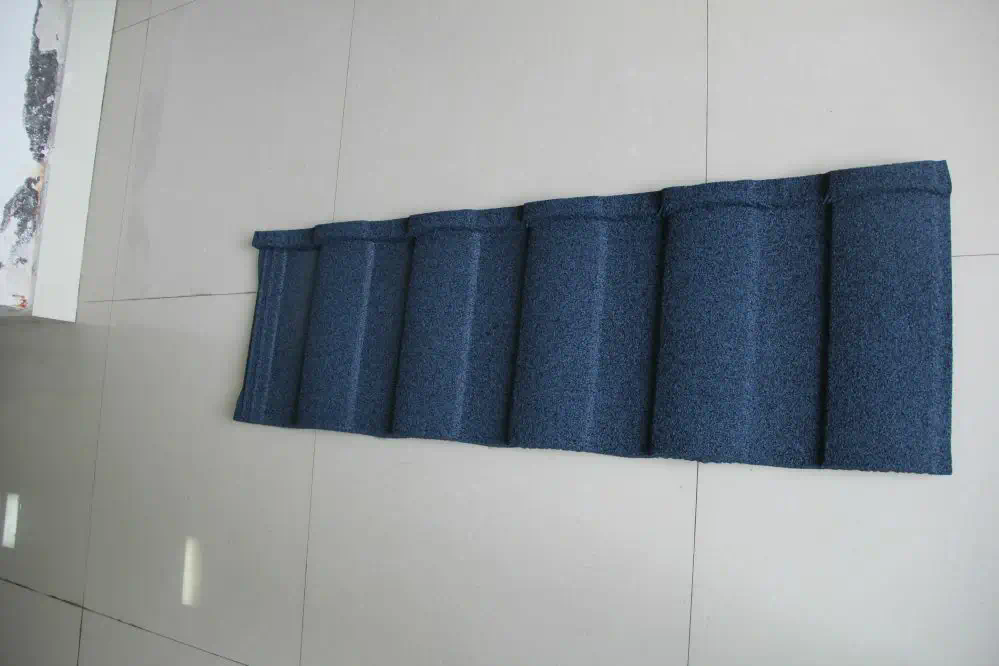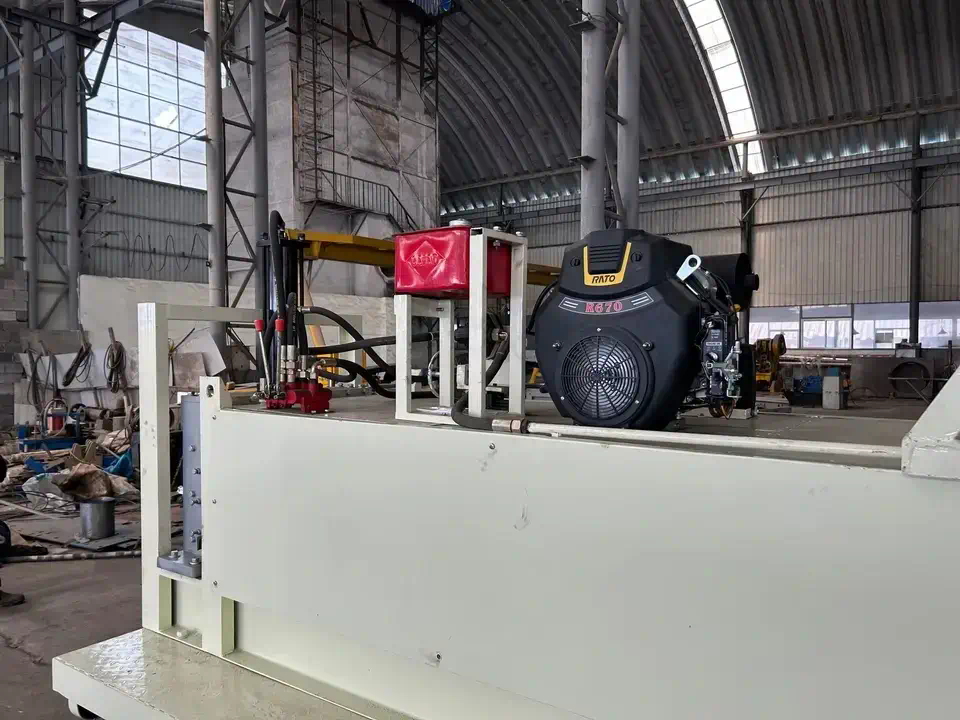Innovative Applications of CNC Technology in the Food Processing and Packaging Industry
Innovative Applications of CNC Technology in the Food Processing and Packaging Industry
CNC (Computer Numerical Control) technology has revolutionized the manufacturing industry by providing precise and efficient control over various processes. While CNC machines are commonly associated with metalworking and woodworking, their applications extend far beyond these traditional industries. In recent years, the food processing and packaging industry has started to harness the power of CNC technology to improve productivity, quality, and safety in the production of food products.
One of the key areas where CNC technology is making a significant impact in the food industry is in the realm of food processing equipment. CNC machines are being used to manufacture cutting-edge processing equipment that can automate and streamline various tasks involved in food production. These machines are capable of precisely cutting, slicing, and dicing food products with high accuracy and consistency, leading to improved efficiency and reduced waste in the production process.
The Role of CNC Technology in Food Packaging
In addition to food processing, CNC technology is also playing a crucial role in food packaging. CNC machines are being utilized to manufacture packaging equipment that can customize packaging materials according to specific food products. This customization not only enhances the aesthetic appeal of the packaging but also ensures optimal protection and preservation of the food products during storage and transportation.
Enhancing Food Safety with CNC Technology
Food safety is a top priority in the food industry, and CNC technology is helping food manufacturers achieve higher levels of safety and compliance. CNC machines are equipped with advanced sensors and monitoring systems that can detect contaminants and ensure proper hygiene standards are maintained throughout the production process. By automating tasks that were previously done manually, CNC technology reduces the risk of human error and contamination, leading to safer food products for consumers.
Improving Efficiency and Productivity

Efficiency and productivity are critical factors in the food processing and packaging industry, and CNC technology is instrumental in driving improvements in these areas. CNC machines can operate 24/7 with minimal downtime, allowing food manufacturers to increase their output and meet growing demand. The automation provided by CNC technology also speeds up production processes, reduces lead times, and ultimately enhances overall operational efficiency.
Customization and Flexibility in Food Production
Another advantage of CNC technology in the food industry is the ability to customize and adapt production processes quickly and easily. CNC machines can be programmed to produce a wide range of food products with varying shapes, sizes, and designs, enabling food manufacturers to meet diverse consumer preferences and market demands. This flexibility allows for rapid prototyping and product development, giving food companies a competitive edge in the market.
Sustainability and Waste Reduction
Sustainability is a growing concern in the food industry, and CNC technology is helping food manufacturers reduce waste and minimize environmental impact. CNC machines are highly efficient in material utilization, minimizing scrap and reducing the amount of raw materials wasted during production. Additionally, the precision and accuracy of CNC technology result in less rework and product defects, further contributing to sustainability efforts in the food industry.
Integration of CNC Technology with AI and IoT
The integration of CNC technology with artificial intelligence (AI) and the Internet of Things (IoT) is opening up new possibilities for innovation in the food processing and packaging industry. AI algorithms can optimize CNC machine operations, improve predictive maintenance, and enhance quality control processes. IoT sensors can collect real-time data from CNC machines to monitor performance, track production metrics, and enable remote monitoring and control, leading to greater efficiency and transparency in food production.
Challenges and Future Trends

Despite the numerous benefits of CNC technology in the food industry, there are challenges that need to be addressed to maximize its potential. One of the key challenges is the initial investment required to acquire and implement CNC machines, pipe bender for sale which can be substantial for small and medium-sized food manufacturers. Additionally, training employees to operate and maintain CNC machines effectively is crucial to realizing the full benefits of this technology.
Looking ahead, the future of CNC technology in the food processing and packaging industry is promising. As advancements in CNC technology continue to evolve, we can expect to see even greater integration with other cutting-edge technologies such as robotics, 3D printing, and nanotechnology. These innovations will further enhance the efficiency, quality, and sustainability of food production processes, driving continued growth and innovation in the food industry.
In conclusion, CNC technology is transforming the food processing and packaging industry by enabling precision, efficiency, and customization in food production. From enhancing food safety and quality to improving sustainability and flexibility, CNC technology is reshaping the way food products are processed, packaged, and delivered to consumers. As food manufacturers continue to adopt and innovate with CNC technology, we can anticipate a future where food production is more efficient, sustainable, and responsive to evolving consumer preferences and market trends.
https://flycatcoo.com/

